Prevent Family Business Disputes With A Shareholders' Agreement
Prevent Family Business Disputes With A Shareholders' Agreement
Prevent Family Business Disputes With A Shareholders’ Agreement
When Napolean accused the British of being a nation of shopkeepers, he meant it as an insult. However, it is actually a testament to our entrepreneurial spirit. Small businesses make up 99.2% of the UK economy, providing the base on which innovation and employment opportunities thrive. In addition, it seems the people we most want to start businesses with is our family. Oxford Economics estimates that there were 4.8 million family businesses in the UK in 2020, making up 85.9% of all private sector businesses. These businesses employed 13.9 million workers (51.5% of all private sector employment) and contributed £575 billion to the UK economy.
Starting a business with family (including spouses) and/or friends feels like the perfect solution. You know you rub along together all right, so it is a reasonable assumption that you can run a company together. Although this is a lovely idea, in reality the pressures of launching a startup or purchasing an established business can act like a hand grenade thrown in the middle of even the most harmonious of kinships. To protect your relationships, not to mention your commercial interests, it is vital to have a Shareholders’ Agreement drawn up.
What is a Shareholders’ Agreement?
A Shareholders’ Agreement is a legally binding contract between the shareholders of a company. It provides a framework for the management of shares in a company, for example, how they are sold, and the type of shares offered. A Shareholders’ Agreement sits alongside the company’s Articles of Association and also provides a basis for other documentation such as a Directors Service Agreement and employee share option schemes.
What does a Shareholders’ Agreement cover?
A well drafted Shareholders’ Agreement will provide details of:
- How the company will be run.
- Intellectual property assignment policies and procedures.
- Confidentiality owed to the company and between shareholders.
- Dividend payments.
- Voting rights and protection for minority shareholders .
- Pre-emption rights.
- Rights and responsibilities of majority and minor shareholders.
- Rules relating to the sale or purchase of shares.
- Whether shares can be redesignated.
- The creation of new shares.
- Shareholder dispute resolution process.
- Shareholder’s dilution rights.
What are the risks of not having a Shareholders’ Agreement?
Notwithstanding the potential damage to your personal relationships, not having a Shareholders’ Agreement in place can also lead to situations that can tank a potentially profitable venture, including:
- Deadlocks, which can result in the company being wound up.
- Minority shareholders being able to block the sale of the company.
- Employees retaining their shares after they have left the company.
- The inability to create or redesignate shares or force share transfers.
- Minority shareholders having few protections and rights.
- Shareholders not having an exit strategy.
- Disputes proceeding immediately to court because there is no dispute resolution procedure.
When should a Shareholders’ Agreement be put in place?
Ideally at the same time as the company is incorporated. Certain events may also trigger the need for a new or amended Shareholders’ Agreement. For example, shareholders may wish to renegotiate their agreement following the retirement or death of a majority shareholder.
What is a Deed of Adherence?
A Deed of Adherence is signed by shareholders who come on board after the original Shareholders’ Agreement is signed. For example, when you secure a new investor, they will negotiate owning a certain percentage of the business, which will take the form of shares. If you have a Shareholders’ Agreement in place (which hopefully you either do or plan to if you have read this far), the dragon investor will have to sign a Deed of Adherence which will bind them to the existing Shareholders’ Agreement terms.
Concluding comments
Having a professionally drafted Shareholders’ Agreement in place when you go into business with family or friends not only preserves personal relationships and protects the commercial venture, but it also demonstrates to potential investors and business partners that your organisation is well-run, with proper documentation in place to protect stakeholders’ interests.
Our expert Disputes Resolution team has the knowledge and resources to draft a comprehensive Shareholders’ Agreement bespoke to your company. Also, should you not have an agreement in place, and you are experiencing a deadlock situation or some other type of shareholder dispute, our team can advise and represent you. We will work to resolve the dispute as quickly and cost effectively as possible whilst ensuring your best interests are protected.
To find out more about any matters discussed in this article, please email us at [email protected] or phone 0121 249 2400.
The content of this article is for general information only. It is not, and should not be taken as, legal advice. If you require any further information in relation to this article, please contact 43Legal.











